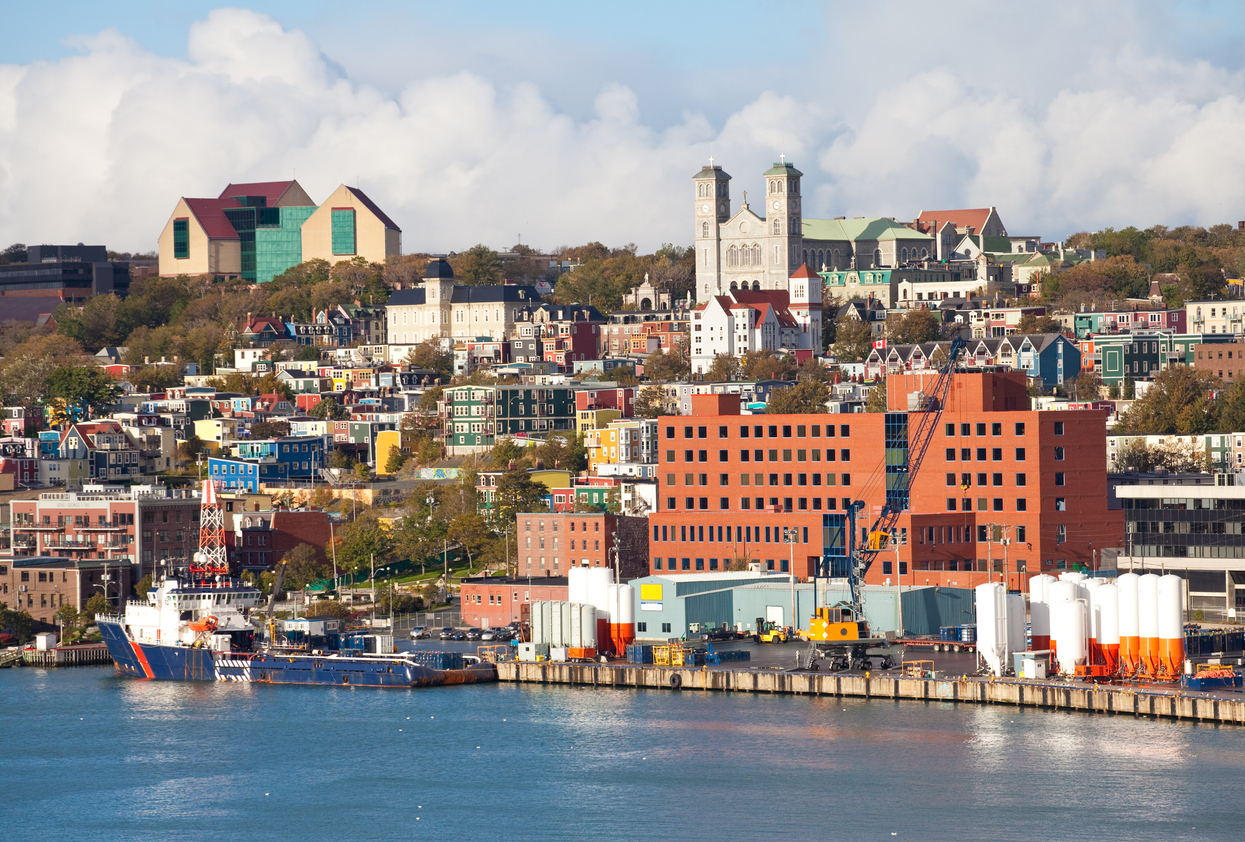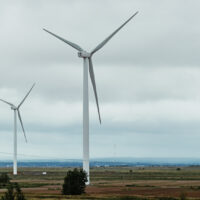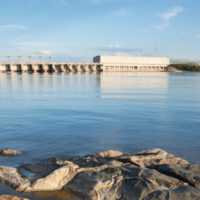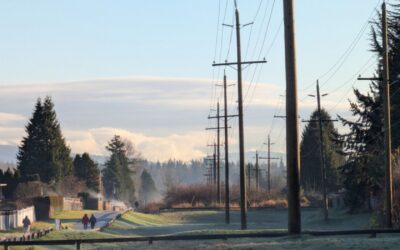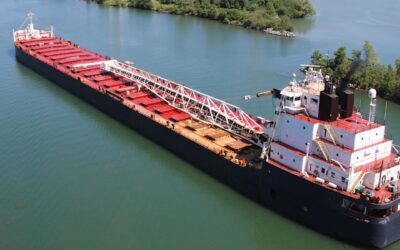The future of Newfoundland and Labrador won’t look like its past. The province is competing in a global economy that is transforming rapidly as countries and industries work to cut carbon emissions. Demand for clean fuels and low-carbon technology is booming. Over the coming decades, markets for carbon-intensive goods are projected to shrink dramatically.
Recent high oil prices and renewed interest in the province’s offshore reserves can make this future harder to see right now. But long-term trends put Newfoundland and Labrador’s economy—including jobs and livelihoods—in jeopardy if the province continues to rely heavily on fossil fuels and carbon-intensive industry. Creating a diversified, low-carbon economy is the only way forward for the province.
Fortunately, Newfoundland and Labrador is well positioned to succeed in the global transition.
New analysis from the Canadian Climate Institute compares how different provinces are succeeding in capturing new, low-carbon economic opportunities. Clean growth momentum is evident in every part of Canada, including in Newfoundland and Labrador.
The province comes to the net zero transition with its own advantages. It has mining expertise and reserves of minerals that will be needed to meet burgeoning global demand for clean technologies like batteries. Abundant hydroelectricity and potential new onshore and offshore wind development gives the province a low-carbon head start. Newfoundland and Labrador can run with these advantages to speed up electrification, export clean energy, and attract companies that are looking for ways to meet their own low-carbon goals.
New economic activity is starting to pick up in areas where we expect to see growing opportunities. Newfoundland and Labrador is home to at least six companies that are focused on growing markets like industrial decarbonization and low-carbon building technologies, all actively attracting investment. Mysa, for example, is a smart thermostat company based in St. John’s that was able to raise $20 million in later-stage venture capital in 2021.
Alongside these entrepreneurial ventures, existing companies and industries are also finding opportunities to pivot into new, low-carbon markets. A plan to refit the Come-by-Chance refinery to make sustainable aviation fuels and renewable diesel is one example of how Newfoundland and Labrador’s existing assets and expertise could find new niches and opportunities in a net zero future.
It’s a promising start, but the province needs to accelerate its efforts. After adjusting for the relative sizes of provincial economies, Newfoundland and Labrador trails all of the other Canadian provinces in generating new companies in areas of low-carbon growth, attracting capital, and scaling up.
Admittedly, Newfoundland and Labrador faces unique challenges in shifting away from fossil fuels and translating opportunity into real economic growth. It’s a small economy, which for some innovations can mean a smaller local market and limited opportunities to demonstrate and deploy new technologies.
For the past 20 years, oil and gas has been a dominant component of Newfoundland’s economy. Even now, oil and gas makes up 11 per cent of the province’s goods exports and one sixth of provincial revenues. But oil and gas is unlikely to be the future engine of good jobs and royalties it has been. In the coming decades, global ambition to reach net zero will drive steep demand decline in sectors like oil and gas, and increase competitive pressure in heavy industry to rapidly decarbonize to meet net zero goals. Reliance on carbon-intensive economic activity is increasingly economically risky.
A sizable portion of Newfoundland and Labrador’s workforce is vulnerable to job losses due to falling demand for oil and gas, with 5.8 per cent working in vulnerable sectors—the fourth highest share of the workforce in Canada. In Atlantic Canada as a whole, there’s a mismatch between where new companies are starting up in urban centres, and where persistent high unemployment and vulnerable workforces are located in rural and remote areas. As new opportunities materialize, Newfoundland and Labrador will need to plan ahead to prepare its risk-exposed communities and workforces, and ensure that rural, remote, and Indigenous communities can benefit.
Newfoundland and Labrador can succeed in the new net zero economy. But that requires provincial action to kickstart the sectors that will drive future prosperity. Clear and ambitious climate policies including a predictable carbon price and targeted sector strategies can help build investor confidence and bolster local demand for low-carbon technologies. The province could also shift public investments toward the creation of companies in growing markets (for example, through targeted research and development) and away from declining sectors, like oil and gas.
Newfoundland and Labrador enters the net zero transition with a lot of potential. But it’s a sink-or-swim moment: the province needs to act now or risk falling further behind.
